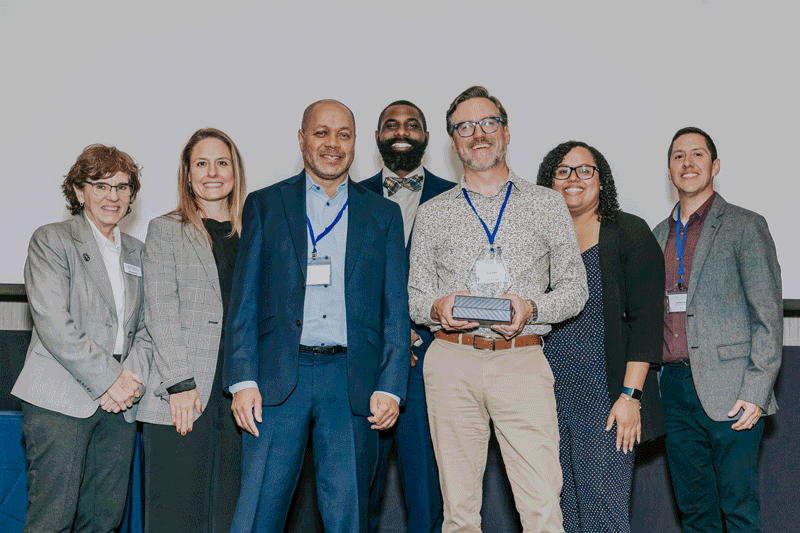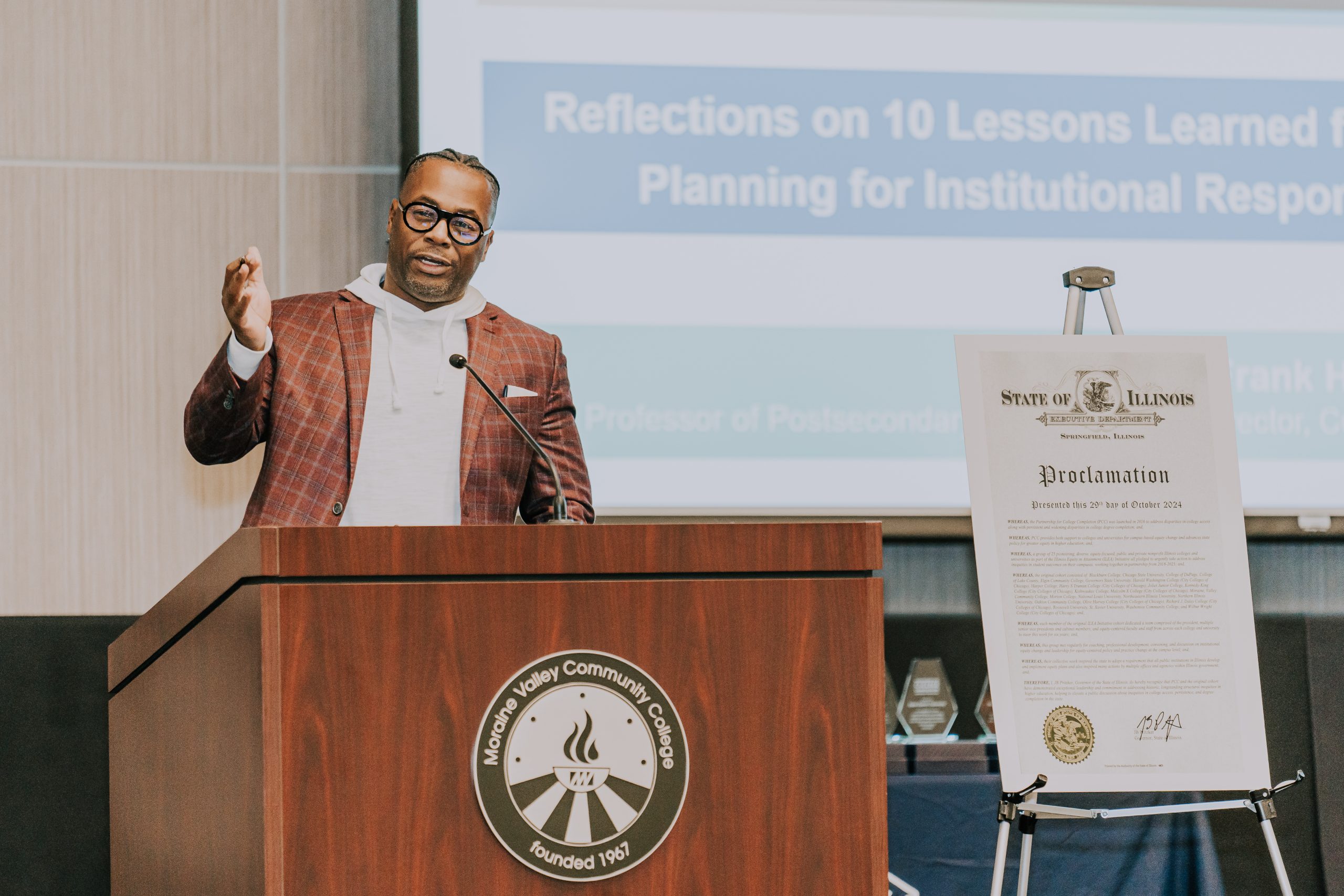Under the theme, Pioneering Equity in Higher Education: The ILEA Impact, the Partnership for College Completion hosted its eighth annual Illinois Equity in Attainment Initiative (ILEA) Summit on Thursday, Oct. 31, at Moraine Valley Community College.
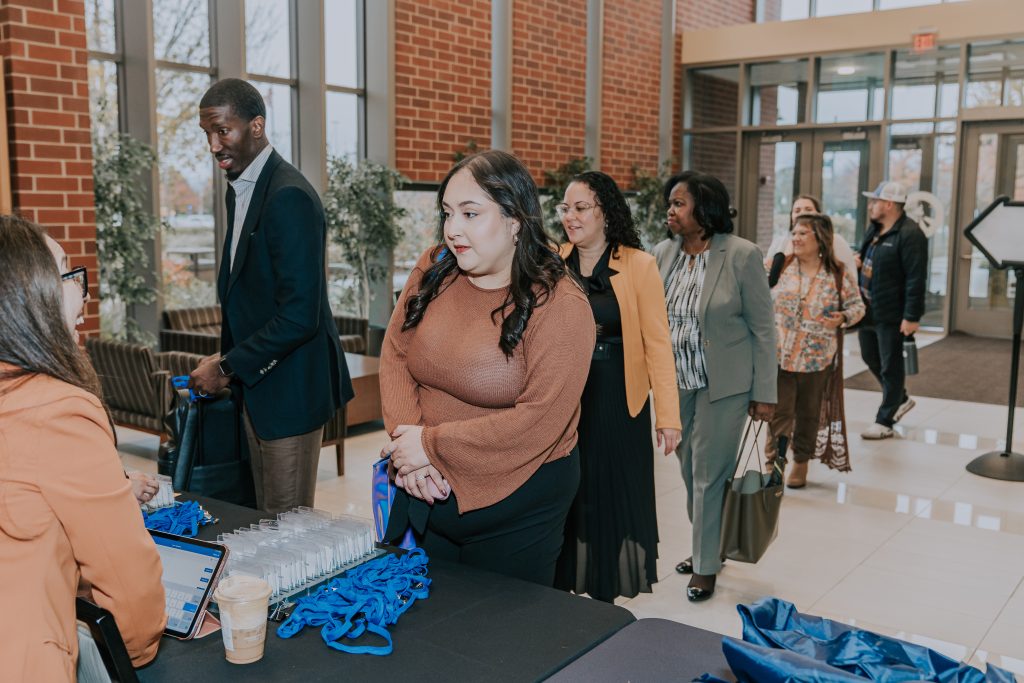
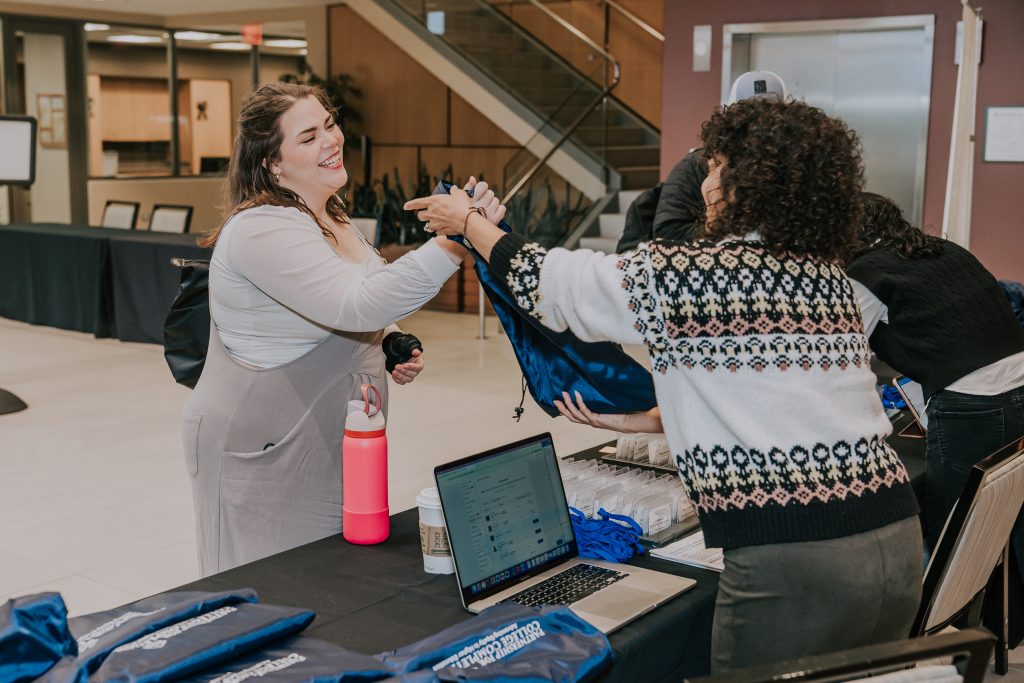
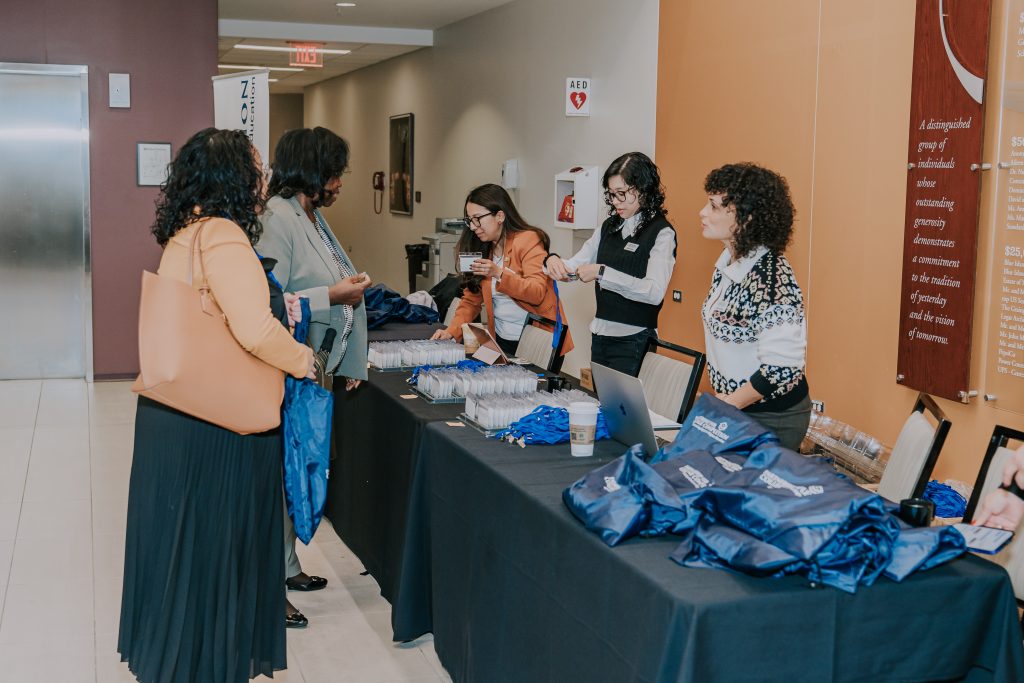
This year’s event celebrated the trailblazing group of institutions that comprised the original ILEA cohort. The day started with a proclamation from Governor J.B. Pritzker, presented by the Illinois Community College Board’s Executive Director Dr. Brian Durham, in recognition of the 25 ILEA institutions and their state- and nation-leading work in equity in higher education.
Dr. Frank Harris, III delivered the keynote address on, “Reflections on 10 Lessons Learned from a Decade of Equity-Centered Planning for Institutional Responsibility and Student Success.” Dr. Harris is a professor of postsecondary education and co-director of the Community College Equity Assessment Lab at San Diego State University. He also serves as a PCC board member.
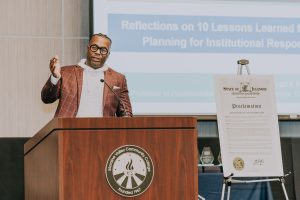
“We can define equity and identify key metrics. But actually achieving equity is extremely difficult, even if we agree on the steps to get to equity,” he said. “What derails equity? Compliance, complacency, deficit perspectives (also known as self-fulfilling prophecies), data transparency, instability, poor conceptualization, marginalization, siloing, institutional buy-in, exceptionalism, toxic resistance.
“Equity is not about saving people. It’s about empowering students so that they have assets that they add value to their community.”
Dr. Harris also cautioned the audience about mainstreaming equity. He noted that:
- Equity is a paradigm shift. The tendency in the mainstream is to see oneself as “not racist,” and therefore, equity-minded by default.
- The popularity of the term “equity” has led it to mostly being used without reflecting on its critical and antiracist intentions. There are people who want to do equity, but not racial equity.
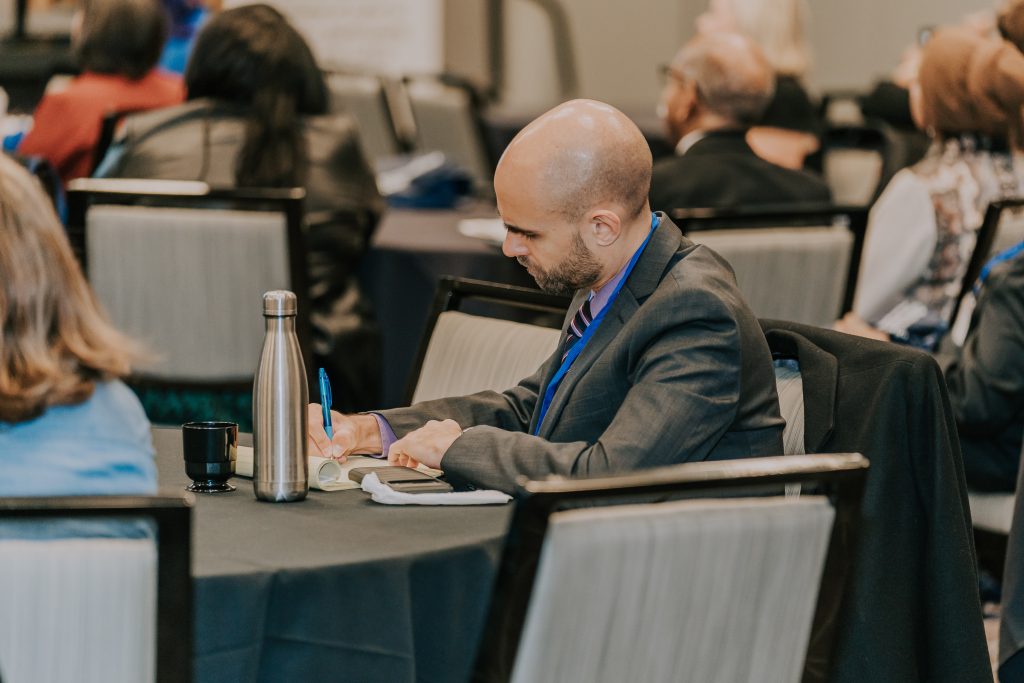


The 10 key lessons learned from the last decade of equity-centered planning that Dr. Harris shared were:
- Ask, “are we speaking the same language?” There must be a shared understanding; never assume everyone understands or appreciates equity work.
- Expect (and embrace) resistance. History shows us when we advocate for underserved communities, there will be resistance. Resistance can be an indicator that we’re on the right track. Encourage conversation. Resistance is rooted in fear.
- Be radically inclusive, but stay in charge. Actively engage everyone, including students, faculty, professionals, community partners, and others, to participate in equity work meaningfully. That way, you can demonstrate that everyone has been invited. But that doesn’t mean you relinquish control of the process. You are responsible for the final outcome.
- Invest in your people. Center equity in teaching. Develop services for student success and develop ways to guide students through university bureaucracies. Ensure that your institutional policies that align with equity.
- Data, data, data. It is not just about reviewing data–it’s providing the space and opportunity to understand the data. Create a dialogue with educators to highlight equity gaps. Also remember how data is presented is crucial.
- Plan the work, work the plan. First part is easy; the hard part is execution. Set realistic milestones, embrace resistance, embed into broader institutional priorities.
- Celebrate every win, even the small ones. Thank those who contributed. These things reinforce progress and motivate people for the work ahead.
- Be laser focused on disproportionate impact. Ground the decisions in evidence.
- Consistently convey the urgency. The institutions that succeed, that have vitality and longevity, act swiftly based on community expectations. Pursue equity because it reflects who we say we are as an institution.
- Remember–culture eats strategy. There is the tendency to adopt approaches from other institutions but then fail at our own institutions. Take the time to get a transparent view of the culture of the campus.
A new feature added to this year’s summit were TED Talk-style presentations by presidents of ILEA institutions. Here are some of the highlights from each presentation.
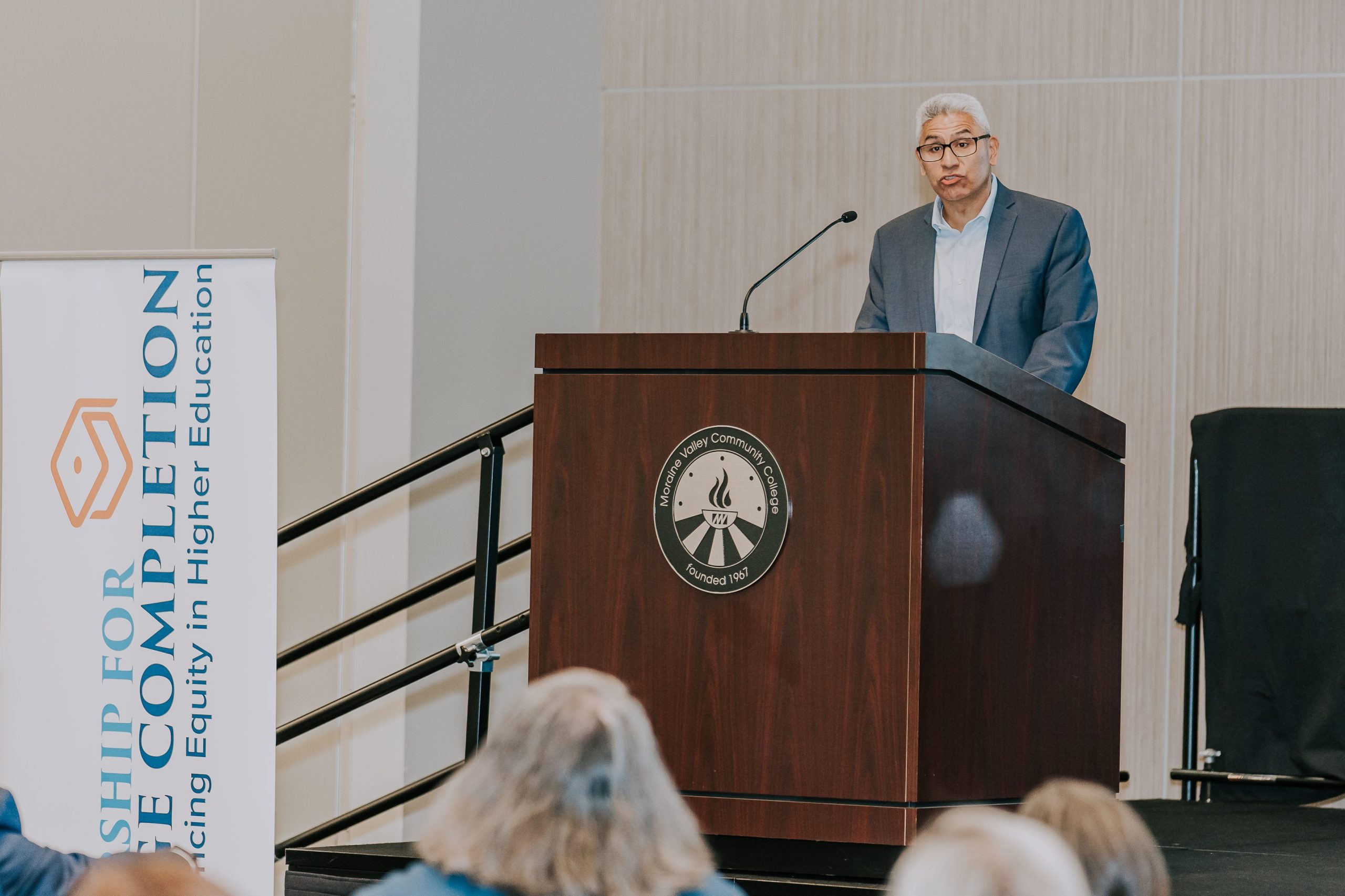
Four years ago we added racial equity into our mission statement because the circumstances in our city and the data from our students required it. The ultimate goal is give our students the resources to break through housing insecurities, homelessness, food insecurities and other barriers to become alumni of our institutions and contribute to their communities. For everyone we celebrate, there are far too many that don’t reach that finish line and that’s on us. We are hearing from our students that our efforts are being seen and felt.
Juan Salgado – Chancellor, City Colleges of Chicago

When you are called, you answer. Take your time, learn the place and get to work. We knew CSU wasn’t reaching its full potential. To transform Chicago State into an anchor of the community, we joined ILEA to go on a journey. What did that mean for us? We sent a team out to gather learnings and then worked on what could be incorporated into our work. People are on a journey to see what we’re doing. We don’t do this work to get noticed. We do this to help the people and communities we serve. We are redefining what’s possible for the City of Chicago, Illinois, and beyond.
Zaldwaynaka “Z” Scott, J.D. – President, Chicago State University
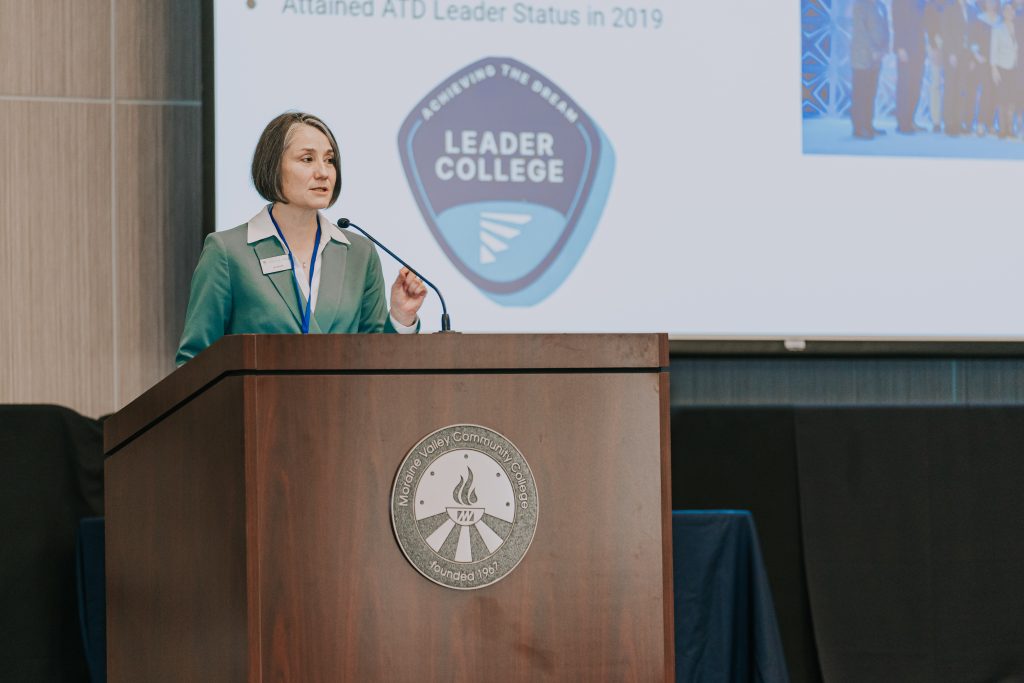
Equity work is hard work, but it’s important and critical work. As I look back at Oakton’s journey, we were one of the first to have a diversity officer even before institutions across the country even thought about it. Being a part of ILEA was a no-brainer for Oakton. We value data-driven information, and with PCC, we now have strategies to institutionalize equity throughout Oakton. This is personal work because of the lives we touch through this work.
Dr. Joi Smith – President, Oakton College

I am honored to lead a public university whose student body reflects the rich diversity of our region and the changing face of our country. NIU started using disaggregated data to identify inequitable outcomes and reveal barriers to success to specific groups of students as early as 2015. In 2018, we joined ILEA. We embraced the opportunity to be a part of a supportive community that shared our values. We appreciate the myriad of ways ILEA encouraged and reinforced our efforts to examine perceptions; scrutinize policy, practices, and structures; and discern ways to improve student outcomes in measurable ways. Together, we discovered the process would be iterative. That progress would not follow a straight path and together we could make a real difference.
Dr. Lisa Freeman – President, Northern Illinois University (virtual)
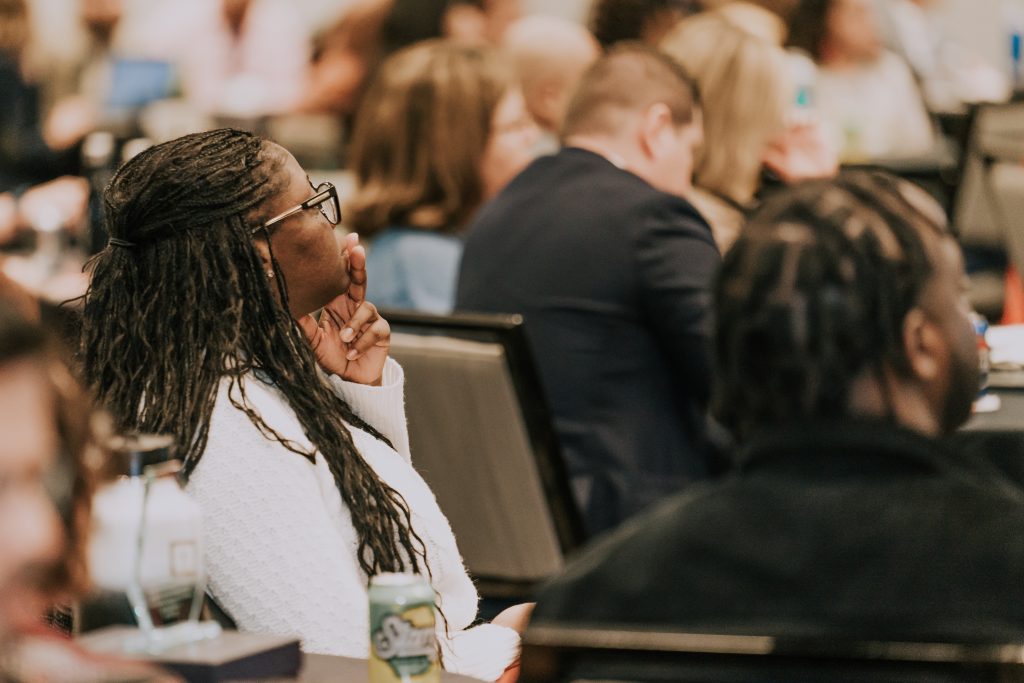


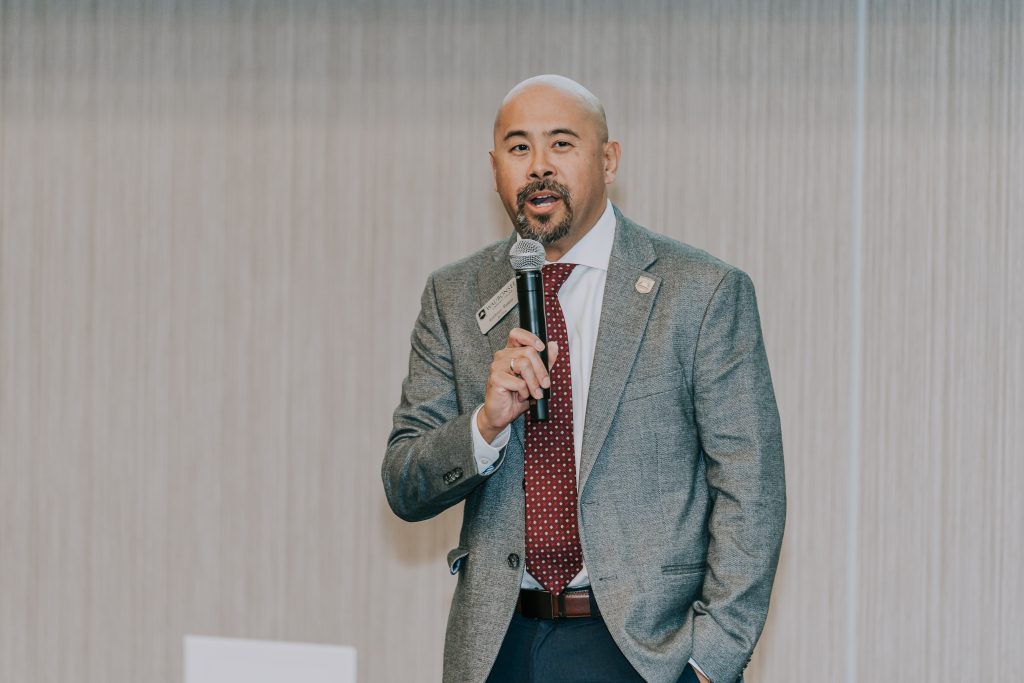

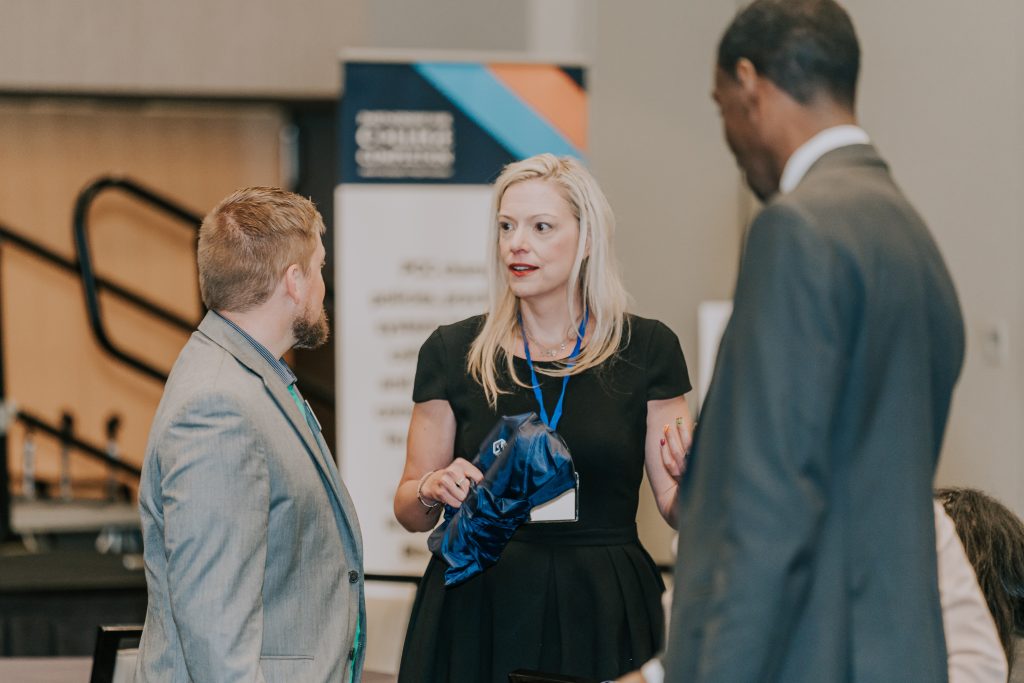
In addition to two different concurrent sessions featuring presenters from partner institutions, each of the original 25 institutions of the ILEA cohort were individually recognized.
